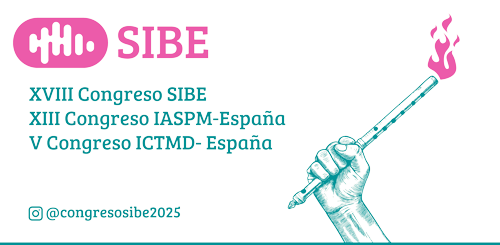This paper explores how two distinct sonic practices—church bell ringing in urban public space and the performance of partisan songs at commemorative events—mediate memory, identity, and socio-political tensions in post-socialist and contemporary Slovenia. Drawing on ethnographic research and field participation, I analyze how sound operates not only as an acoustic phenomenon but as a cultural and affective agent that shapes relationships between the past and present, individual and collective experience, and secular and sacred space.
The first part focuses on church bell ringing, tracing how its regulation and perception have shifted since World War II, particularly under socialist and post-socialist legal and ideological regimes. I examine how the sound of bells—once perceived as spiritual or communal—has become contested noise, entangled in discourses of religious freedom, public space, and urban sound policy.
The second part examines the affective and political dimensions of singing partisan songs in a rural choir that regularly performs at National Liberation Movement commemorations. Through audio diaries and reflexive analysis, it reveals how collective singing, while seemingly cohesive, often masks underlying tensions—personal, political, and generational—among choir members. These tensions reflect broader societal fractures surrounding the memory of the Second World War and its contested legacy in post-socialist Slovenia.

 PDF version
PDF version
